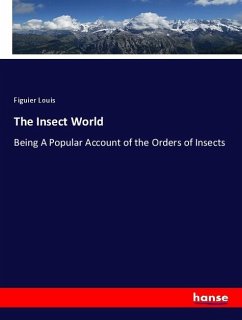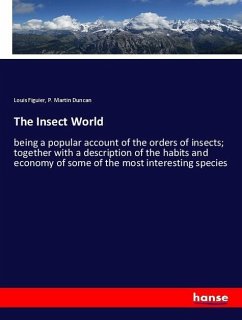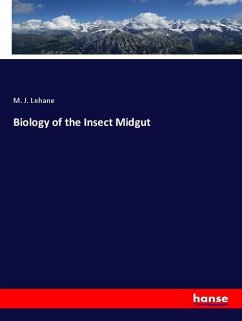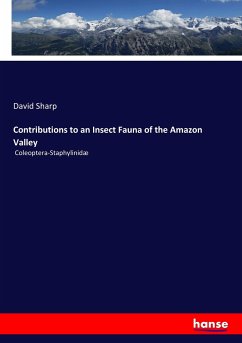
Insect Biodiversity Management
Practical Manual
Versandkostenfrei!
Versandfertig in 6-10 Tagen
29,99 €
inkl. MwSt.

PAYBACK Punkte
15 °P sammeln!
Insect biodiversity management is pivotal for preserving ecosystem health and resilience, yet it confronts escalating threats amidst changing climatic scenarios. These threats stem from habitat disruption, climate-induced shifts, and human-driven factors like pollution and invasive species. Insect diversity offers manifold benefits, including pollination, nutrient cycling, and pest control, which collectively underpin ecosystem stability and human welfare. Effective insect biodiversity management necessitates habitat restoration, reduced pesticide use, climate-resilient landscapes, invasive sp...
Insect biodiversity management is pivotal for preserving ecosystem health and resilience, yet it confronts escalating threats amidst changing climatic scenarios. These threats stem from habitat disruption, climate-induced shifts, and human-driven factors like pollution and invasive species. Insect diversity offers manifold benefits, including pollination, nutrient cycling, and pest control, which collectively underpin ecosystem stability and human welfare. Effective insect biodiversity management necessitates habitat restoration, reduced pesticide use, climate-resilient landscapes, invasive species control, and public awareness campaigns. Biodiversity indices, such as species richness, Simpson's and Shannon-Wiener diversity indices, and functional diversity indices, serve as critical tools to quantitatively measure and monitor insect biodiversity, enabling informed conservation strategies and promoting sustainable coexistence in a dynamically changing world.












